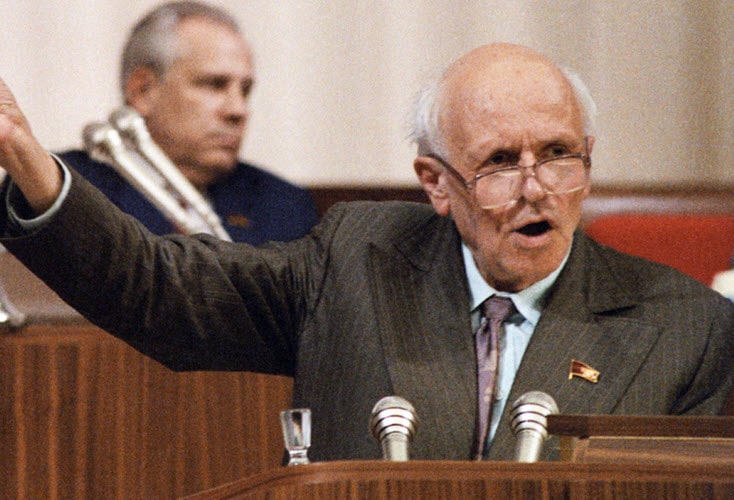Andrei Sakharov: The Voice of Conscience in the Nuclear Age

Andrei Sakharov (21 May 1921 – 14 December 1989) was a Soviet physicist. He was awarded the Nobel Peace Prize in 1975.
Life and Career
He was born on 21 May 1921, in Moscow, Russia. His academic journey began at Moscow State University, where he studied physics. He excelled in his studies and earned his doctorate in 1947. He then joined the prestigious Lebedev Physical Institute, where he conducted research in theoretical physics and became known for his work on nuclear fusion.
He made significant contributions to various fields of physics, particularly in the development of the Soviet hydrogen bomb. His work on thermonuclear reactions and the physics of the bomb earned him recognition and respect among his peers. However, he later became increasingly concerned about the dangers posed by nuclear weapons and the arms race.
In the 1960s, Sakharov began to voice his opposition to the Soviet Union’s oppressive regime and its violation of human rights. He criticized the government’s suppression of free speech, censorship, and lack of political freedoms. Sakharov became a leading advocate for disarmament and called for an end to the nuclear arms race.
As a result of his activism, Sakharov faced significant backlash from the Soviet authorities. He was subjected to persecution, including surveillance, house arrest, and even forced internal exile in the city of Gorky (now Nizhny Novgorod). Despite these challenges, he continued to speak out against human rights abuses and became an internationally recognized symbol of dissent.
He passed away on 14 December 1989, in Moscow, Russia, but his contributions to science and his unwavering dedication to human rights and peace will always be remembered.
Award and Legacy
He was awarded the Nobel Peace Prize in 1975 for his efforts to promote human rights and disarmament. This recognition further amplified his global influence and drew attention to the Soviet Union’s human rights abuses.
His legacy as a human rights defender and advocate for peace inspired generations of activists in Russia and beyond. Sakharov’s writings and speeches remain influential, and his commitment to freedom of thought and expression continues to be celebrated.
Observer Voice is the one stop site for National, International news, Sports, Editor’s Choice, Art/culture contents, Quotes and much more. We also cover historical contents. Historical contents includes World History, Indian History, and what happened today. The website also covers Entertainment across the India and World.

